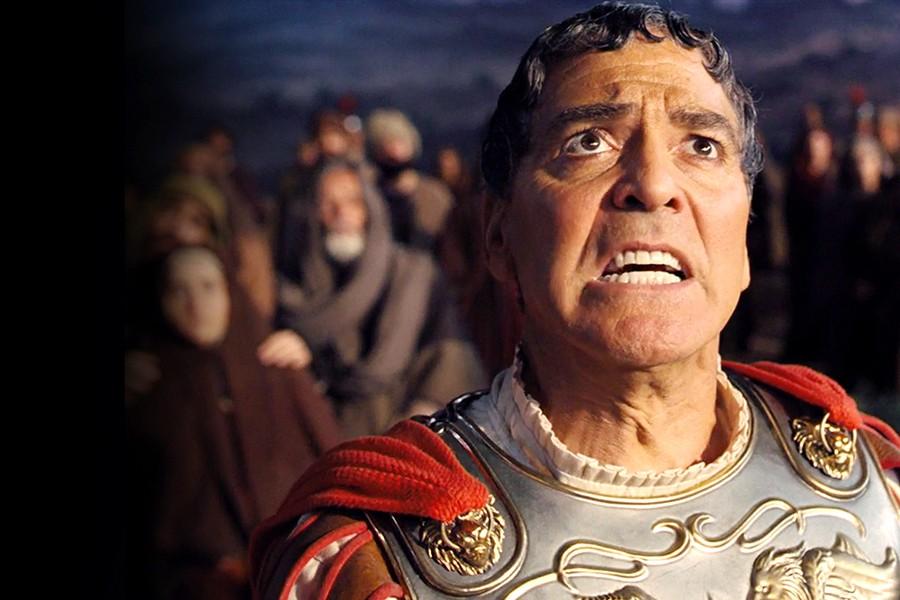Satirical work prods cinema’s ‘golden age’
Feb 10, 2016
The stylishly sleek and a wonderfully captured period-piece feel to the latest Coen brothers’ movie heightens the film visually, but overall the story turns out rather underwhelming and leaves some wanting more.
“Hail, Caesar!” is a comedy-musical directed by brothers Joel and Ethan Coen and is their most slapstick film since 2008’s comedy “Burn After Reading.” It is set in 1950s Hollywood around a studio “fixer,” Eddie Mannix (Josh Brolin) working at Capitol Pictures.
The film takes place during a time when the movie industry was attempting to win back audiences from the encroachment of television and made crazy epics, westerns, and big-budgeted films that reflected the golden age of cinema.
Satire, subtle gags and clever one-liners strengthen the somewhat slow-paced storyline that bounces between Mannix searching for one of his major clients when he turns up missing and another client of Mannix’s, Hobie Doyle (Alden Ehrenreich) as he moves up the Hollywood food chain as an actor.
Ehrenreich, as Doyle, is by far one of the film’s best qualities as his portrayal of a small-town naive cowboy turned Hollywood actor steals the show every scene he is in.
One of the most memorable scenes is where he and a prestigious, well-known, British director Laurence Laurentz (Ralph Fiennes) thoroughly repeat a line over and over again because of Doyle’s limited grasp on British diction.
Yet despite how comedic the Doyle subplot is, the meandering and then interweaving plot points are also what takes away from the film or weakens the story.
The overarching storyline focuses on Mannix’s top client, Baird Whitlock (George Clooney) disappearing during the production of Capitol’s biggest picture, “Hail, Caesar!” a Roman epic.
This ongoing mystery and Doyle’s rise to prominence make for a mostly interesting, at-times convoluted but entertaining, narrative that skips out on potentially interesting characters by short-changing them.
Clooney’s Whitlock receives most of this cheapening effort, though his appearances are sporadic throughout the film.
This, at the hands of the directors, is disappointing. Whitlock is brought to life fantastically by Clooney, but is underplayed at the end.
The brothers make good social commentary on the times, tying together bribery, communism and artistic merit all at once.
The writing and tension build up cannot be faulted, but the satisfying conclusion simply isn’t there in this outing.



